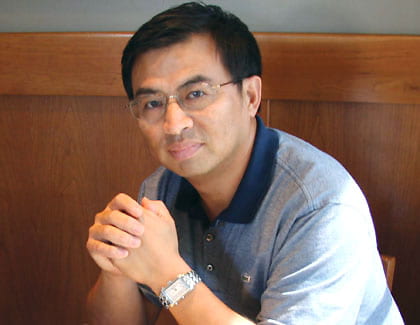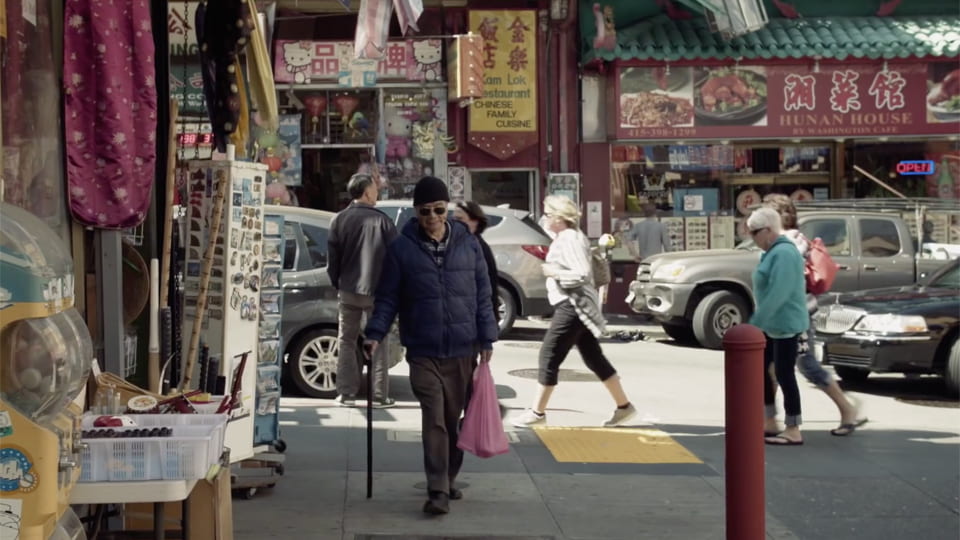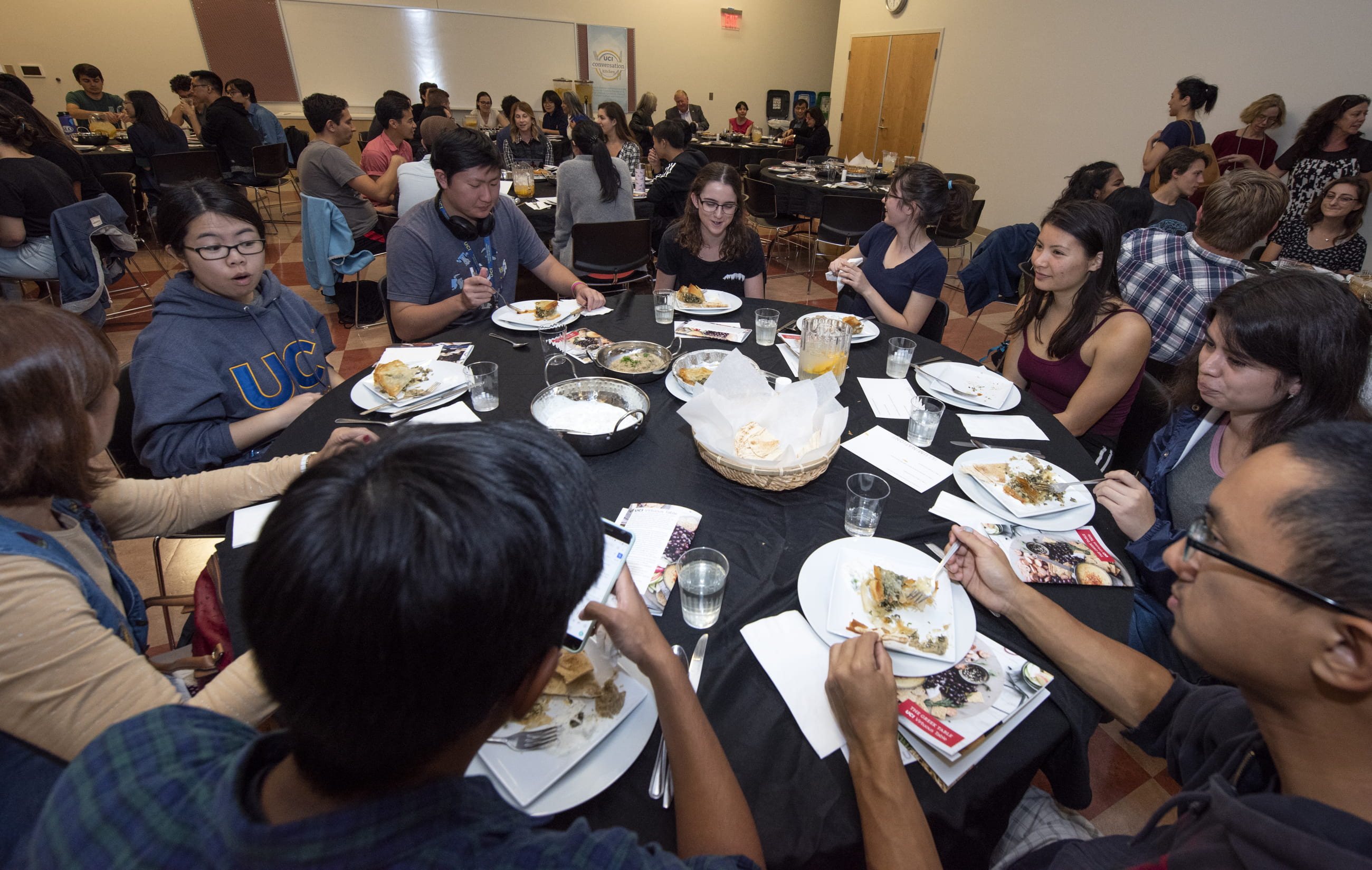Connoisseur of cultures
Professor Yong Chen flavors history with his passion for food

On class field trips, Yong Chen’s students might slurp steaming bowls of pho (Vietnamese beef noodle soup), sample sizzling Korean barbecue, or gobble juicy Double-Doubles at In-N-Out Burger – all in the name of history.
For history and Asian American studies associate professor Chen, food is not merely fuel for the body. “Food is a vehicle to understand change in society,” he says. “There’s no better, more vivid, more tangible way.”
Learning history through food may be hard to digest for some, but Chen argues that food touches many fields, including agriculture, anthropology, medicine, biology, engineering and even theology.
His focus is on historical, social and economic implications of ethnic food in America. “Globalization, national and individual identities are key issues today, and food is most important for identity,” he says. “We are what we eat.”
He recently co-curated a three-year exhibit in New York and Philadelphia on Chinese restaurants in the U.S. The exhibit turned menus (and other artifacts) into societal mirrors.
“A menu is a cultural text,” Chen says. It tells how restaurant owners perceive the customers, and vice versa. In a larger sense, it reveals socio-economic structures, racial hierarchies, immigration patterns, commodification (commercialization), and desire for “exoticism.”
After earning a doctorate in history from Cornell University in 1993, Chen opted for UCI over an Ivy League school job prospect because the campus offers more diversity and support for his fields of study: Asian-American and immigration history; late 19th and 20th century American social and cultural history. And, he says, “The food in this region is far superior.”
In addition to teaching, writing and doing “enough research to fill a small archive,” he served as associate dean of Graduate Studies from 1999 to 2004. He’s delighted that many students are “very sophisticated foodies,” some pursuing culinary studies and creating popular food blogs.
“I learn a lot from students. They have amazing stories and sources. Food allows them to talk about important, highly theoretical issues in a very personal way.”
Chen, who came to the U.S. from China in 1985, says his personal passion for food began with his mother. “She spent all of her money on food, even during the Cultural Revolution.” She also communicated her love by cooking amazing meals, but always apologized for not cooking enough.
“Food is more sacred, more irreplaceable than language,” Chen says, noting that language often dies by the second generation, but culinary traditions continue even after the fifth.
As a historian, he hopes to change the way people think about food, not just as a source of nutrition and pleasure but as a way of observing the world.
“Food is fundamental,” he says. “It’s intimately related to all of us.”

